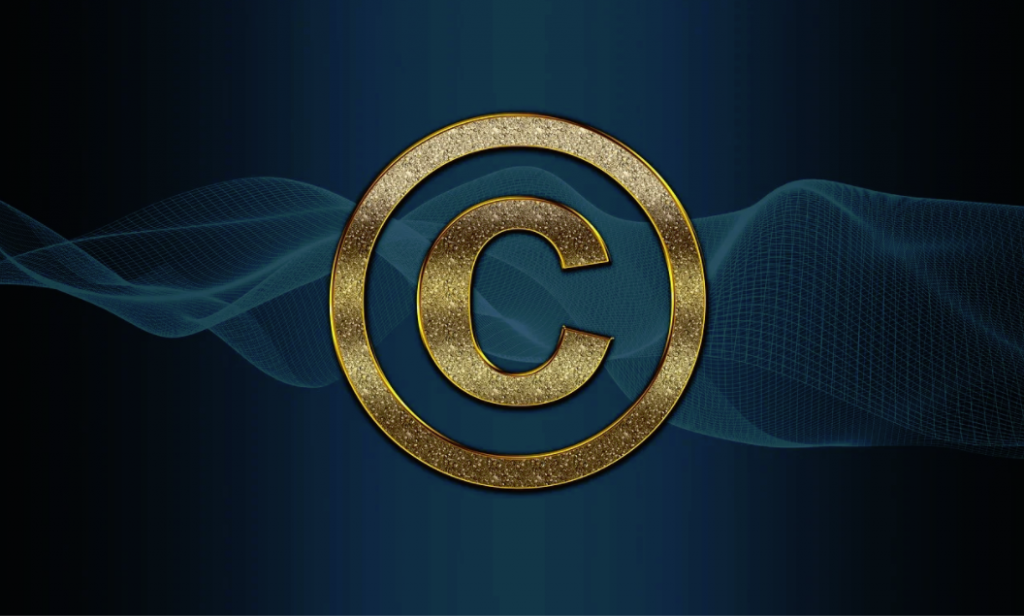
Image Source: Pixabay
Running a business is a process fraught with all sorts of pitfalls to avoid and threats to encompass in your planning, and when it comes to protecting your IP, understanding copyright is key.
To that end, here is a brief guide to what copyright owners based in Canada should know about the legal protections available to them and the steps they can take to make sure that their businesses are even more robustly shielded.
Economic & moral rights unpicked
There are two main types of protection which are afforded to copyright owners under Canadian law, the most widely known and understood of which is the right to reap the economic benefits that your work brings about.
This means that any money made by the content you create is yours by law, hence the need for third parties to require permission or a license to replicate it.
The second of these is the moral right which the author of a work has, again from the moment that they create the content in question. With moral rights in Canada, you are able to both require that your works are correctly attributed to you, and to step in if they are used in a way that might put your reputation at risk.
The latter of these could be especially relevant to businesses that want to build a strong brand and avoid it being subverted by third parties in a way which might contravene the values associated with it, for example.
Going beyond basic protections
Although a business or an individual in Canada can enjoy automatic copyright law protection for their works as soon as they come into being, this is not the only option available, and indeed you may well feel that it is necessary to invest in additional layers of protection to prevent infringement or outright exploitation of your most valuable IP.
The most popular option is to register your copyright, giving you official documentation to certify its legitimacy and also providing you with firm proof that you are the owner and the originator of a given work. Even if it has been some time since the work was made, you can still register your copyright, and this could be a major boon if you do need to enter into legal action against infringers.
Making your steps traceable
Outside of the official channels, it is a good idea to also make sure that you document the various stages of the creative process behind any of the works and content that you make, whether for your business or for your own personal purposes. Again it all comes down to making sure that you have a paper trail, digital or otherwise, which indicates unambiguously that you are the copyright owner. The more proof you have, the easier it will be to enforce your rights against those who might try to infringe on them, whether they do so deliberately or accidentally.





More Stories
Variable Speed Drives and the IIoT: Enabling Predictive Maintenance
Where to Start Automation. Monitor Stands
Amid Rising Water Rates, Property Managers Save 15 to 35 Per Cent With Canadian Water Savings’ Smart Valve™